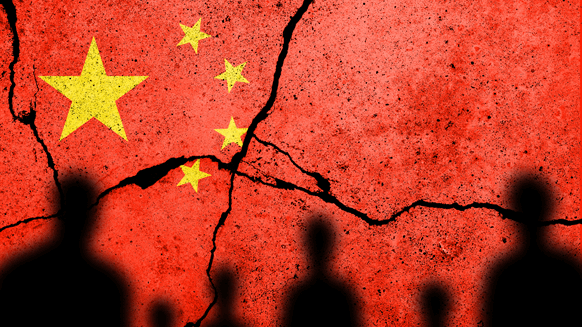The world’s biggest chemical maker said profit margins would remain tight with the Chinese market still to recover and the global economic downturn weakening demand for plastics and construction materials.
The net income of Saudi Basic Industries Corp. fell to 290 million riyals ($78 million) in the fourth quarter, down 94 percent year-on-year and the worst figure since the peak of the coronavirus pandemic in mid-2020.
Shares fell 2.7 percent at 1 p.m. in Saudi Arabia to 89.40 riyals, the biggest drop at the close this year.
According to Abdulrahman Al-Fageeh, acting chief executive of Sabic, the end of the Covid lockdowns in China has not led to a rapid recovery in consumption in the world’s second largest economy.
“Things in China remain roughly the same as in 2021,” he told reporters. “So far we have not seen the high demand that was expected. It seems to me that the second quarter or the second half may witness the return of the Chinese market.”
The company’s results were similar to rivals such as BASF SE, which last week said it would cut 2,600 jobs, and Dow Inc. Businesses have been hit by lower sales as central banks raise interest rates to fight inflation. Its margins were also squeezed when Russia’s invasion of Ukraine a year ago sent prices soaring for natural gas, a crucial raw material.
Although gas prices have dropped significantly this year, they remain well above historical averages.
“Margins will remain under pressure in the first half of 2023,” Sabic said.
The company, based in Riyadh and majority-owned by state oil company Saudi Aramco, said average selling prices between October and December fell 9 percent from the previous quarter.
Its annual net profit was $4.4 billion, down 28% from 2021. The company announced an annual dividend of $3.4 billion, up 6.25%.
“Relentless growth ambitions”
Sabic has a market valuation of $73 billion, more than any other publicly traded chemical company.
It said it will continue its “relentless growth ambitions” in the kingdom and abroad. Last year, it signed an agreement with Aramco and China’s Sinopec to build an oil-to-petrochemical plant in western Saudi Arabia. It also studies projects in Poland and other places in Eastern Europe.
The company will increase capital spending this year, Al-Fageeh said. This is partly due to the development of the Ras Al-Khair plant in eastern Saudi Arabia, which is being designed to convert 400,000 barrels of crude each day into chemicals.


